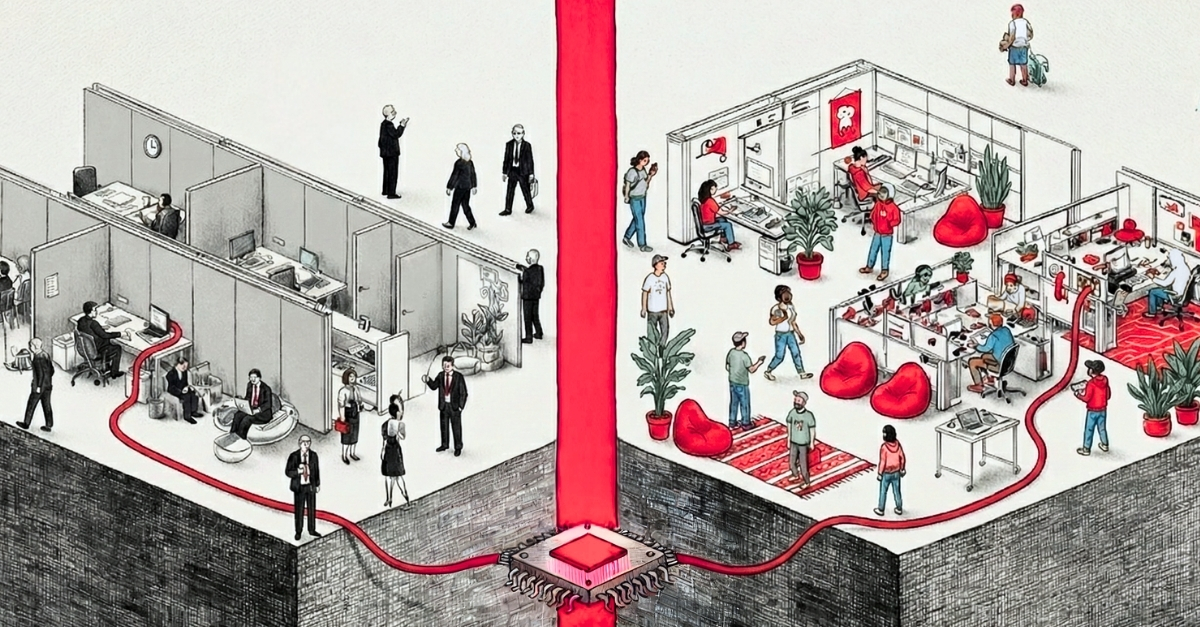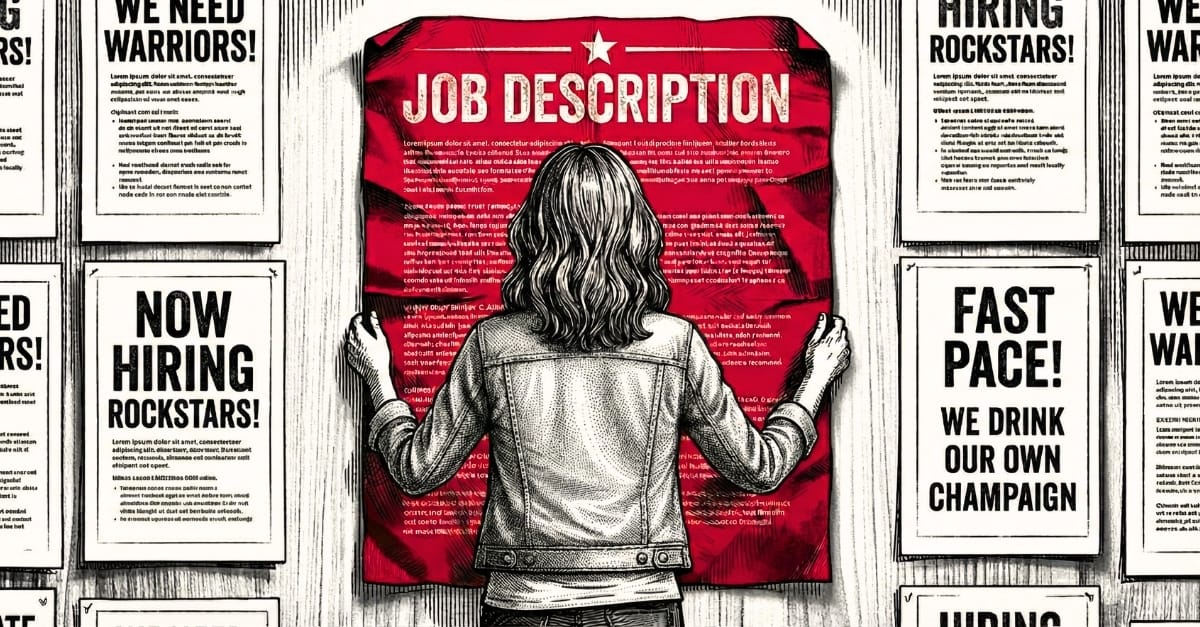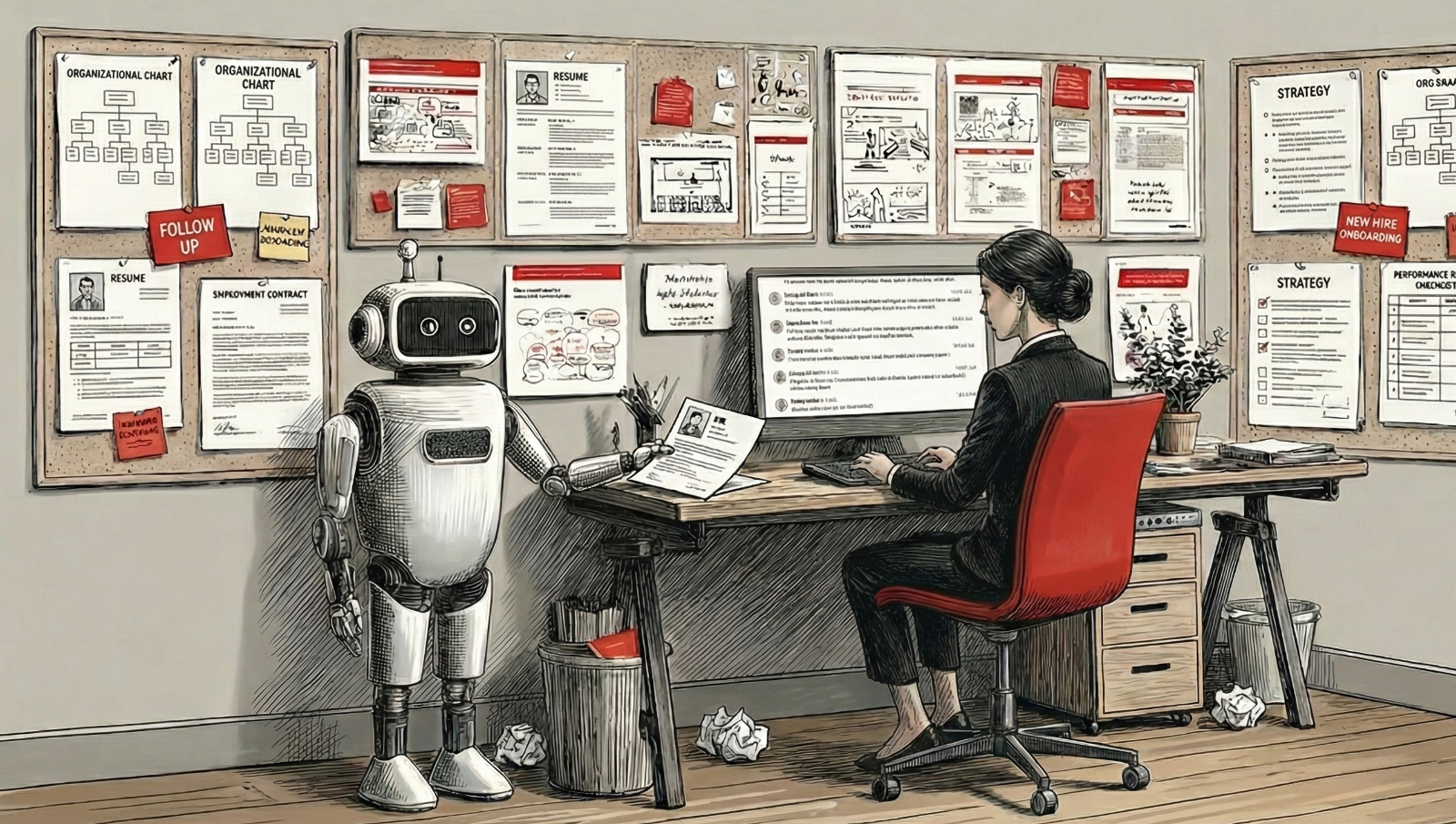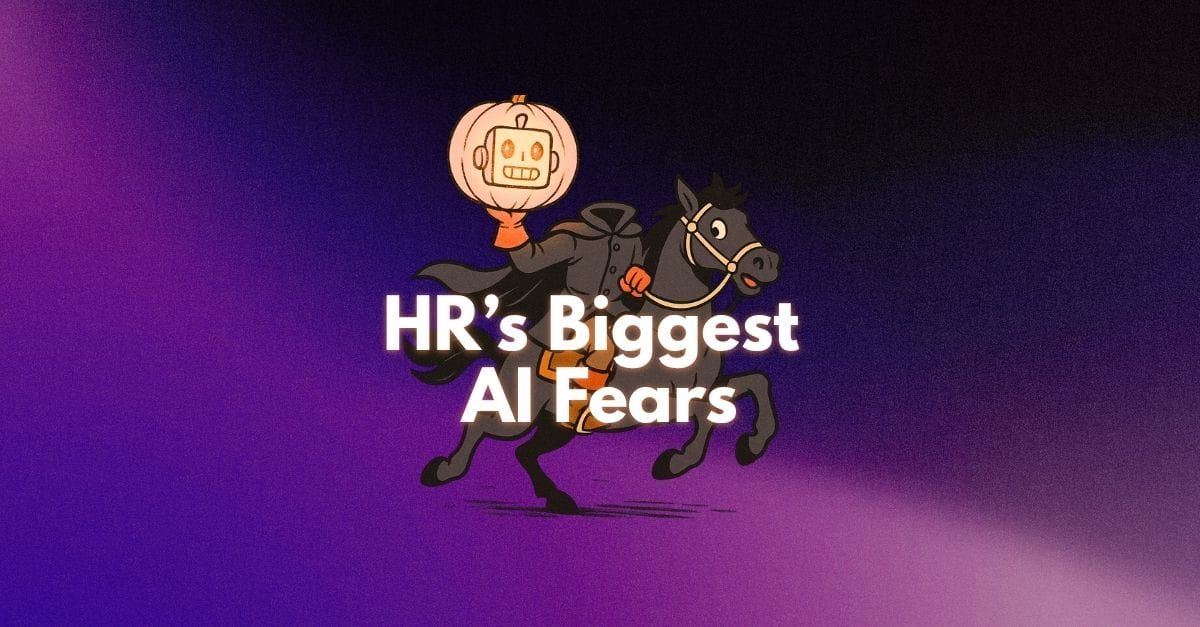Being a hiring manager can feel foggy. People have left the workforce at record rates over the past year, and they’re not necessarily returning.
Good candidates are often scarce, especially in customer-facing capacities. And with employee retention a concern for any organization, accuracy is at a premium. Whether you have three candidates or 300, you simply can’t afford mishires.
The good news? Behavioral data can help you identify the right fit for a role. When you know what behaviors will lead to success, you can hire with confidence.
To nail your CSM hire, you’ll need to look beyond just skills and resume. You want to focus on ideal workplace behaviors, and you’ll need to ask the right questions to ensure the person you choose will exhibit those behaviors.
Wondering how to hire a top-performing customer success manager? Start with questions that get right at the behaviors and competencies the role requires.
Let’s say your behavioral target indicates this person should be extraverted, empathetic, and a good problem solver – all while managing a growing roster of reports. Here are five questions you might ask to hone in on this target candidate:
5 interview questions to ask when hiring a CSM
- What practices do you use to ensure alignment and understanding from others on new information?
- Tell me about a time you offered to help a colleague or customer without being asked.
- Tell me about a time you adjusted your approach to a project based on an individual’s specific request.
- How might you deliver a difficult answer regarding a project cost?
- Tell me about a time you engaged in a difficult conversation with a customer about their experience with your product or service.
These behavioral interview questions can quickly confirm or deny your hunches. They’re designed to help answer a crucial question: Is this person who we think they are?
And since you’ve already identified your job target, a simple “yes” can dramatically reduce your time to hire.
The anatomy of a behavioral interview question
Let’s dissect each of the questions we’ve suggested. None of these are random. They’re all crafted with purpose. For starters:
What practices do you use to ensure alignment and understanding from others on new information?
This person is going to manage a team – and they’ll probably rely on that team to keep them up to date on customer relationships. How they organize and apply that information is important – this answer will separate someone who has a process for putting findings into action from those who simply absorb information.
Tell me about a time you offered to help a colleague or customer without being asked.
A good candidate for the CSM role will listen to their reports (and their reports’ customers), and they’ll be able to strategize solutions. They also need to sense when someone needs strategy assistance. It’s an innate instinct good managers and customer service professionals have, and can speak to anecdotally. See if this candidate can pass this question’s test.
Tell me about a time you adjusted your approach to a project based on an individual’s specific request.
Being open-minded and flexible is key to any manager’s success. It can be especially important when priorities ebb and flow based on customers’ needs. Let’s face it – some accounts will get extra attention when the circumstances call for it. A savvy CSM not only knows this, but can tell you how they’ve managed such a scenario in the past.
How might you deliver a difficult answer regarding a project cost?
Guess who often gets called in to deliver tough news to clients? That’s right – the CSM may not be on the ground day-in, day-out, but they need to be available when a client pushes back on one of their direct reports. The answer to this question should reveal a calculated discipline. A good candidate can speak to the balance between accommodating the customer and having their team’s back.
Tell me about a time you engaged in a difficult conversation with a customer about their experience with your product or service.
Similarly, you need to know this candidate can handle tough feedback. And ideally, this answer sheds light on their ability to absorb feedback even when they had little to do with the customer’s poor experience. As the face and voice of the customer success team, you need to know this person will own the team’s failures, as well as the wins.
How PI can help
No two interviews should be the same. Each candidate comes with a unique behavioral makeup, and if you’re doing your homework, those behaviors should align with the target you’ve established for the role.
PI Hire makes each step easier. Buoyed by scientifically validated assessments, our software gives you clarity throughout the hiring process.
Know the right fit for any role, and then nail that hire by tailoring your interview questions accordingly.








